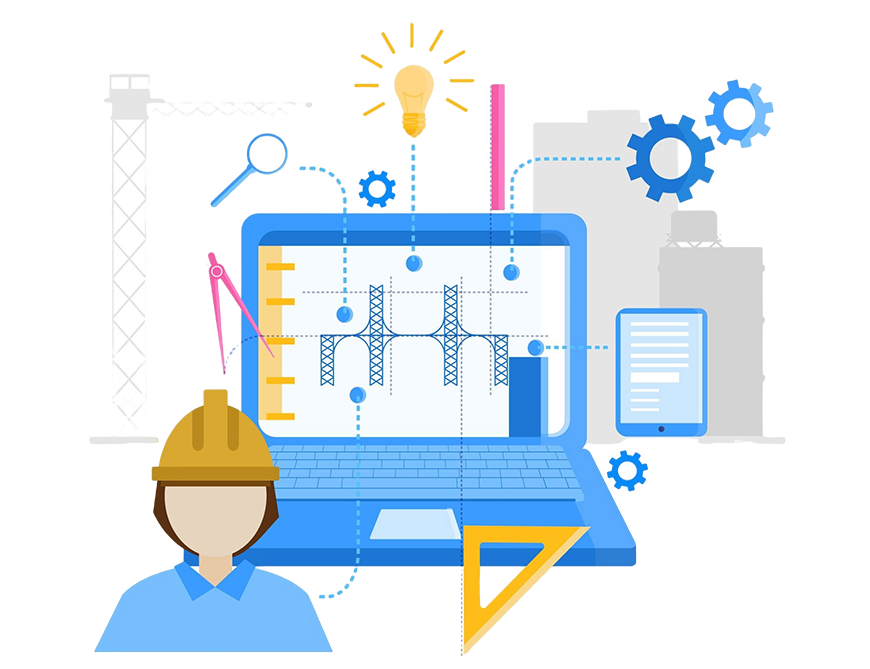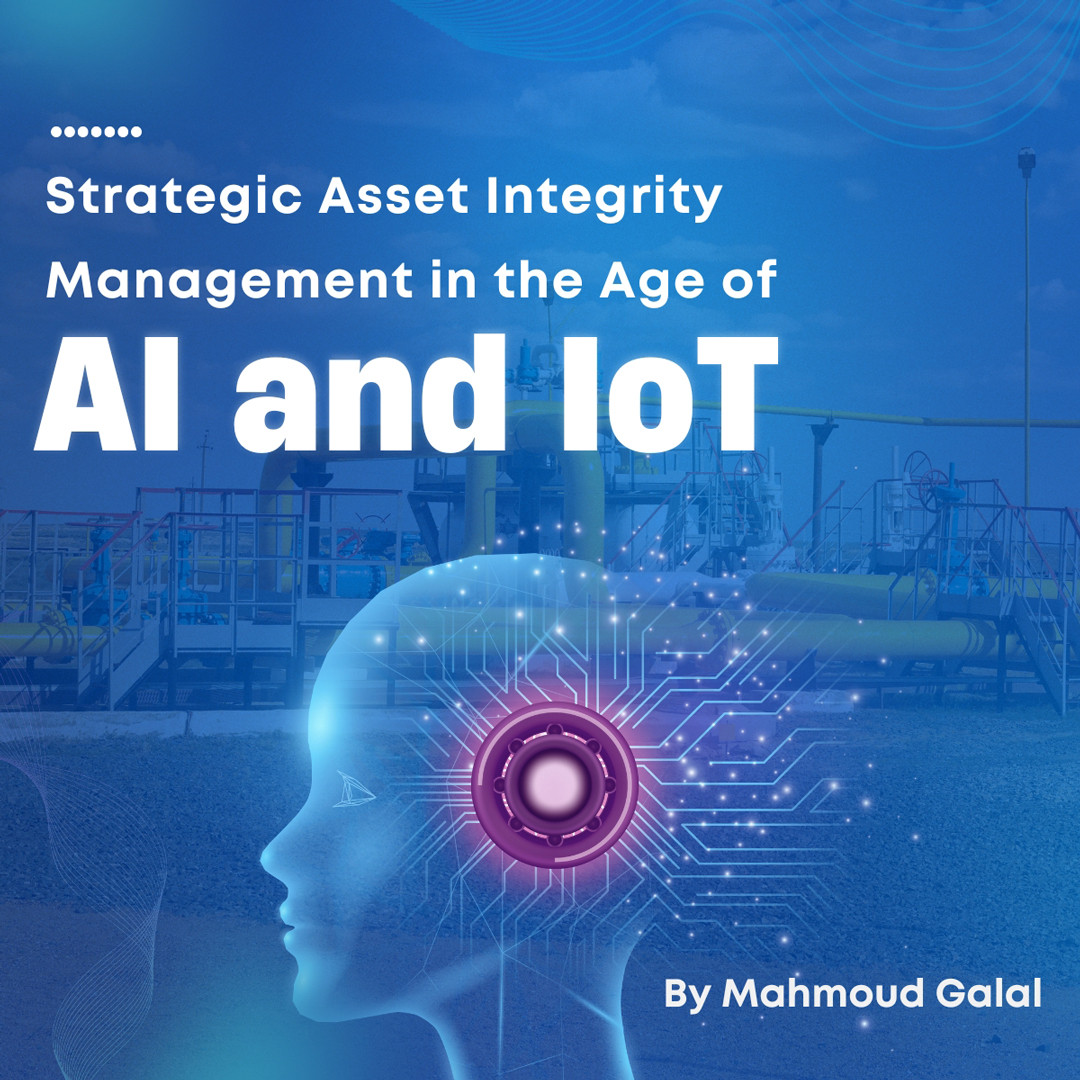
The Role of Training Platforms in Developing Engineering Skills: Insights from Lucid Training Platform
In a rapidly changing world driven by technological innovation, engineering skills are a cornerstone for supporting economies and advancing infrastructure. As industrial projects grow more complex and market demands evolve, specialized training plays a pivotal role in equipping engineers with the knowledge and expertise needed to excel.
The Importance of Training in Engineering Sectors
Oil and Gas Sector:
The oil and gas sector is one of the most critical industries requiring a high level of expertise and efficiency. Due to the complexity of its operations and the constant demand for technological advancements, training is essential for:
- Safety: Specialized training in occupational health and safety minimizes accidents, protects the environment, and ensures smooth operations.
- Efficiency: Equips workers to handle technical challenges and optimize production processes.
- Innovation: Promotes idea-sharing, fostering innovative solutions to industry challenges.
- Professional Growth: Opens pathways for career development and advancement.
- Adaptability: Keeps workers updated with the latest technological and regulatory changes.
- Cost Management: Enhances efficiency and reduces operational costs through improved performance.
Key Training Areas:
- Health and Safety: Covers first aid, firefighting, and handling hazardous chemicals.
- Operations and Maintenance: Focuses on equipment operation, drilling techniques, and maintenance.
- Leadership Development: Enhances management and leadership skills at all levels.
- Modern Technologies: Includes training on horizontal drilling and hydraulic fracturing.
- Environmental Protection: Ensures compliance with practices to minimize environmental impact.
Renewable Energy Sector:
The renewable energy sector is experiencing rapid growth worldwide, driven by rising demand for clean energy and global environmental conservation efforts.
Why Training Matters in Renewable Energy:
- Technological Advancements: The sector evolves rapidly, requiring workers to stay updated on new tools and technologies.
- Operational Efficiency: Training ensures optimal design, operation, and maintenance of renewable energy systems.
- Environmental Sustainability: Promotes eco-friendly practices and raises awareness about sustainability.
- Safety: Training on strict safety protocols ensures secure operations.
- Innovation: Encourages creative solutions to challenges in renewable energy production.
- Policy Adaptation: Keeps workers informed about changing regulations and compliance requirements.
Key Training Areas:
- System Design: Solar, wind, and geothermal energy systems.
- Operations and Maintenance: Focused on renewable energy equipment.
- Energy Management: Managing smart grids and integrating renewable energy sources.
- Finance and Investment: Evaluating renewable energy projects and securing funding.
- Policy and Strategy: Understanding laws and creating strategies for sustainability goals.
Petrochemical Industries:
This sector demands deep knowledge of chemical interactions and production processes. Training can explore:
- Process optimization.
- Environmentally friendly technologies to reduce carbon footprint.
Information Technology and Smart Infrastructure:
Digital transformation integrates software and smart solutions into engineering project management. Training in this area focuses on:
- Automation technologies.
- Cloud computing.
- Internet of Things (IoT) for utilities and transport.
Water Treatment:
Addressing the global challenge of clean water availability, specialized training enables engineers to master:
- Advanced purification techniques such as biofilms and desalination technologies.
- Sustainable water resource management.
Modern Learning Strategies in Training
Emerging technologies make training more efficient through:
- Virtual Reality (VR): Simulates real-life environments for immersive learning experiences.
- Blended Learning: Combines traditional education with digital platforms for maximized learning.
- Social Learning Platforms: Creates communities where professionals and students share knowledge and ideas.
Lucid Training Platform: Your Partner in Shaping the Future
Lucid is more than just a training provider; it is an integrated ecosystem aimed at empowering engineers, specialists, and students to address market needs and tackle current and future challenges.
What Sets Lucid Apart?
- Blending Theory with Practice: Offers holistic insights by bringing together academic experts and industry practitioners.
- Specialized Content: Programs tailored to diverse sectors such as oil and gas, renewable energy, petrochemicals, and smart infrastructure.
- Practical Solutions: Real-world applications through workshops and simulations of workplace scenarios.
- Innovative Training Techniques:
- Virtual Reality (VR).
- Blended Learning.
- Social Learning Platforms.
- Fostering Innovation: Encourages critical and creative thinking to develop futuristic solutions for industrial challenges.
Are You Ready to Advance Your Career?
Discover how Lucid's specialized training programs can help you build a brighter future. Contact us today to learn more about our tailored training solutions.



0 comments